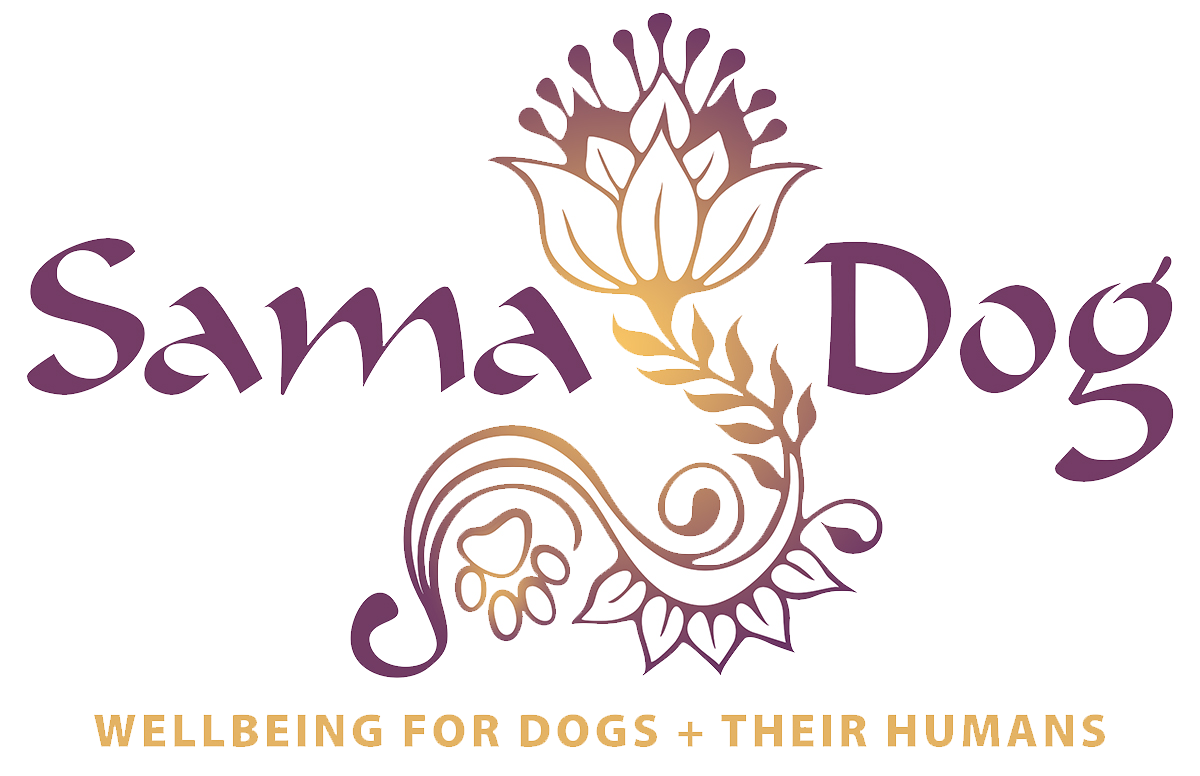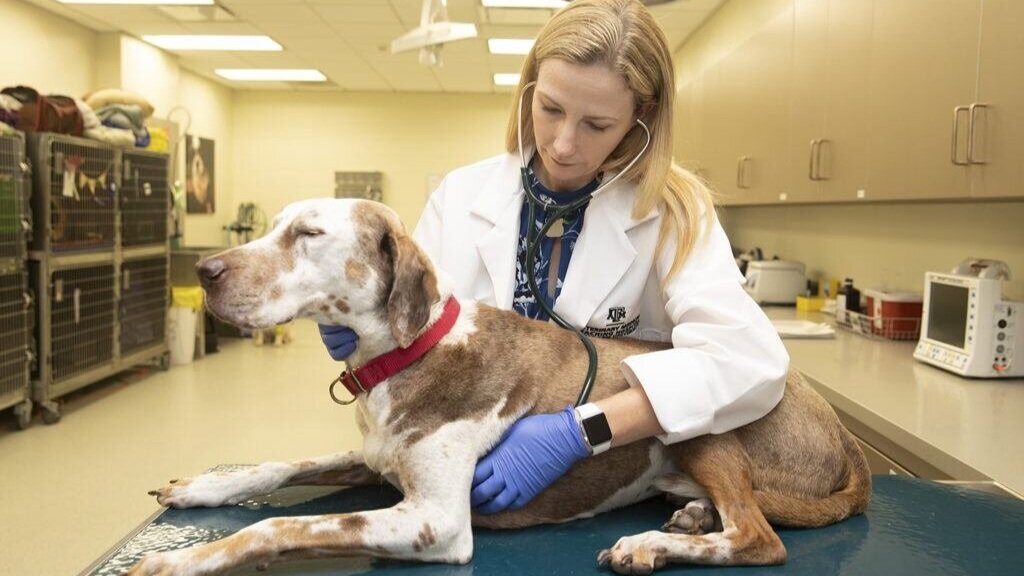This Simple Blood Test Can Accurately Detect Cancer In Dogs
Image: Texas A&M College of Veterinary Medicine & Biomedical Sciences
According to Texas A&M College of Veterinary Medicine & Biomedical Sciences (CVMBS), cancer is the number one cause of death among dogs over the age of two. In the US, up to half of senior dogs (over the age of 10) develop cancer in their lifetime. Each year, approximately 6 million dogs are diagnosed with cancer. Despite these staggering numbers, canine cancer detection continues to be expensive, invasive, and inaccessible to pet owners across the country. That is, until now.
Thanks to burgeoning research in the field of veterinary medicine, the newly launched Nu.Q Vet Cancer Screening Test offers a low-cost and effective means for early detection. It is now available to veterinarians across North America through the CVMBS’ Gastrointestinal (GI) Laboratory for use in annual wellness checks.
Increasing Survival and Quality of Life
Developed by Belgium-based epigenetics company, Volition in collaboration with Dr. Heather Wilson-Robles and her team at the CVMBS’ Veterinary Medical Teaching Hospital, the test will fundamentally change our approach to canine cancer detection.
“Unlike in humans, where routine cancer screening is relatively commonplace, there are few tests for animals. We are changing this today, with the launch of the Nu.Q Vet Cancer Screening Test. This simple, low-cost blood test can help streamline the diagnostic process and shorten the path to diagnosis thereby allowing treatment (be that chemotherapy, radiation therapy or surgery) to be initiated earlier, even before symptoms appear, increasing the chance of the dog’s survival and its quality of life,” Dr. Wilson-Robles said.
Is The Test Right For My Dog?
Image: AVMA; American Veterinary Medical Assoc.
With a simple blood sample, scientists can now identify epigenetic changes on a molecular level and detect cancer at its earliest stage. At 100 percent specificity, the Nu.Q Vet Cancer Screening Test detected 74% of lymphoma cases and 89% of hemangiosarcomas in dogs. Lymphoma and hemangiosarcoma are the most common, making up one third of cancer cases in dogs.
The recently launched cancer screening test is intended for older pets with a high suspicion of cancer. It can also serve as a complementary test for younger,high-risk breedsincluding Golden Retrievers, Boxers, Flat Coated Retrievers, Beagles, Bernese Mountain Dogs, Rottweilers, West Highland White Terriers and Shetland Sheepdogs. The test does not require sedation. However, dogs are required to fast prior to completing the blood sample.
The Future of Pet Care
In addition to early detection, advancements in epigenetic research show massive potential for the monitoring of treatment efficacy and disease recurrence. It may also spell a whole new era in veterinary care. In the future, we will likely see more collaboration between regular practitioners, specialists, and pet owners like you.
The emergence of accessible testing has opened up a dialogue around canine cancer and the conversation will be more involved and more commonplace than ever before. Diagnostic tests such as this one could revolutionize the way we go about cancer treatment and the ways we communicate along the way.
Communication is the cornerstone of effective pet care, after all. As a pet parent, you have the most direct connection to your dog and the deepest awareness of what he or she needs to live a long, healthy life. Whether it’s daily exercise or an Ayurvedic diet, your everyday care routine has a significant impact on your pet’s overall health. This is precisely what we teach in our signature course, Total Wellbeing for Dogs.
By integrating this insight with informed medical diagnostics and treatments, you can find a more holistic, preventative approach to their care… because it’s worth doing whatever we can to extend the precious days we get with our dear companions.
Article by Sama Dog Wellbeing



